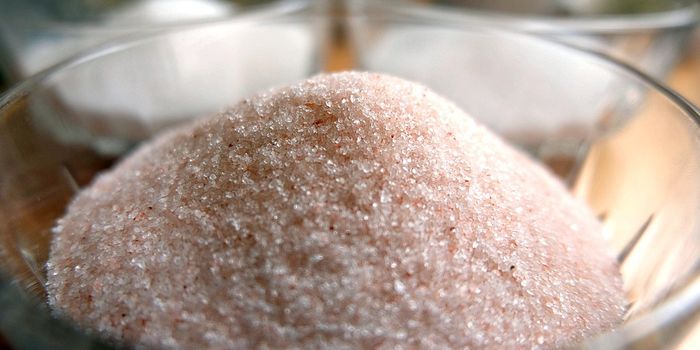For decades, doctors and scientists have preached the benefits of a healthy diet and an active lifestyle. Now a new study adds even more evidence in support diet and exercise, this time in the molecular prevention of cancer. The
study, published in Cancer Research, found that simple changes in lifestyle lowered several blood proteins that would normally promote cancer growth. Such study highlights the extent to which environmental factors influence our biology, as well as the power we have to change our health for the better.

The
study stemmed from the knowledge that tumors need plenty of blood vessels to survive. These blood vessels act like channels that deliver nutrients and oxygen to the cancer, fueling its growth. This process, known as angiogenesis, can stimulate the rapid growth and even metastasis of the cancer. “Angioprevention” tactics that slow down or starve the tumor of blood have been effective anticancer treatments. However, drugs that interfere with angiogenesis often come with other side effects.
But what if there’s a way for the body to reduce angiogenic factors on its own? Specifically, could diet and exercise be a natural angioprevention solution?
"We know that being overweight and having a sedentary lifestyle is associated with an increase in risk for developing certain types of cancer. However, we don't know exactly why. We wanted to investigate how levels of some biomarkers associated with angiogenesis were altered when overweight, sedentary, postmenopausal women enrolled in a research study lost weight and/or became physically active over the course of a year," said Catherin Duggan, staff scientist at the Fred Hutchinson Cancer Research Center in Seattle, Washington.
The team followed a total of 439 women who were separated into four groups that differed in diet and exercise levels. After 12 months of intervention, the team collected blood samples and other health data to compare to baseline levels.
As expected, women who received diet and exercise interventions showed the greatest change in weight lost. The surprise came when the team measured the blood samples for levels of three proteins associated with angiogenesis: VEGF, PAI-1, and PEDF. Women in the combined diet and exercise group showed the lowest levels of these proteins, compared to women in the placebo group and the exercise-only group.
"Our study shows that weight loss is a safe and effective method of improving the angiogenic profile in healthy individuals. We were surprised by the magnitude of change in these biomarkers with weight loss," said Duggan. And the reduction in angiogenic proteins was linear – more pounds shed correlated with less angiogenic proteins.
The study did not delve further into the mechanisms behind exactly how diet and exercise stimulated the reduction of these cancer-promoting proteins. Furthermore, the results of the study are limited to the three proteins tested in blood. Whether the same result will hold true for other angiogenic factors, or in a tissue other than blood, remains to be validated.
Nonetheless, the results are encouraging and should empower us to take a more proactive approach to our health. "Our study shows that making lifestyle changes - in this case, simple changes to the diet to reduce weight - can lower the risk factors for cancer," Duggan concluded.
Additional sources:
Cancer Research press release,
MNT









